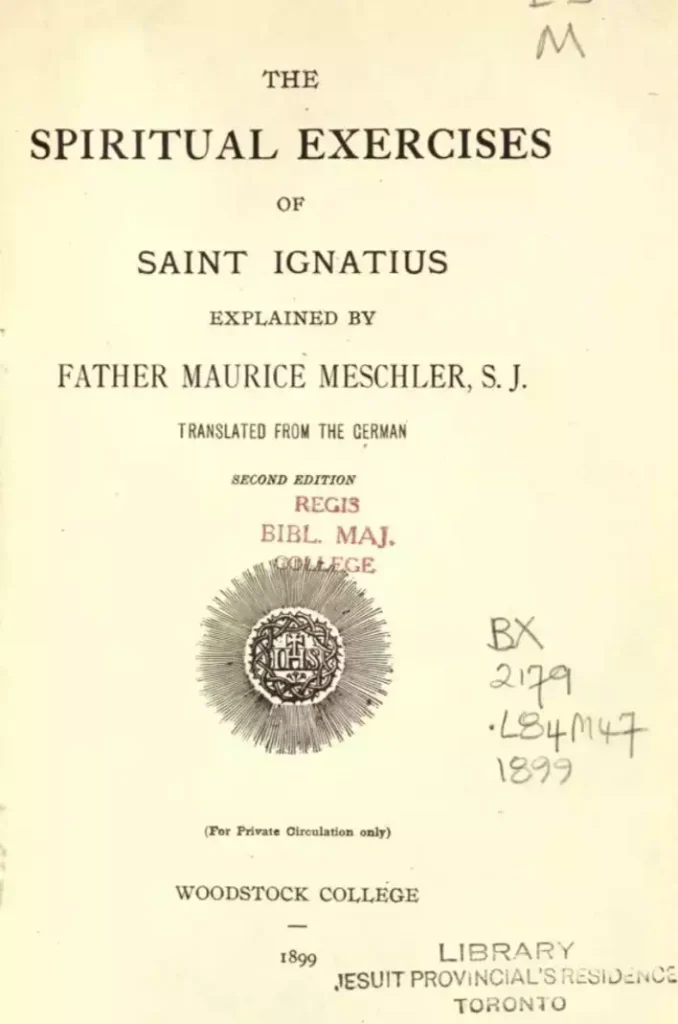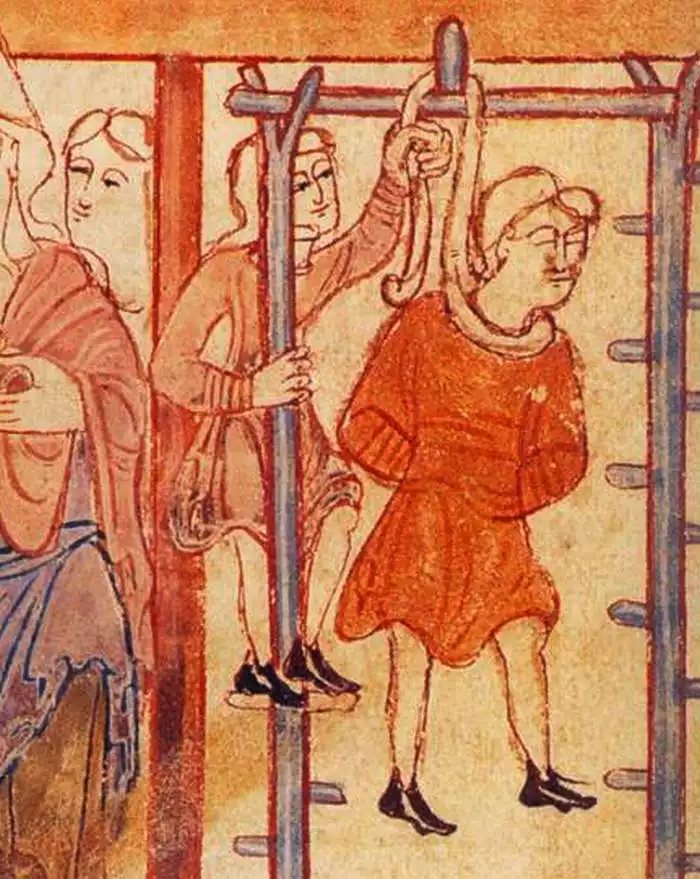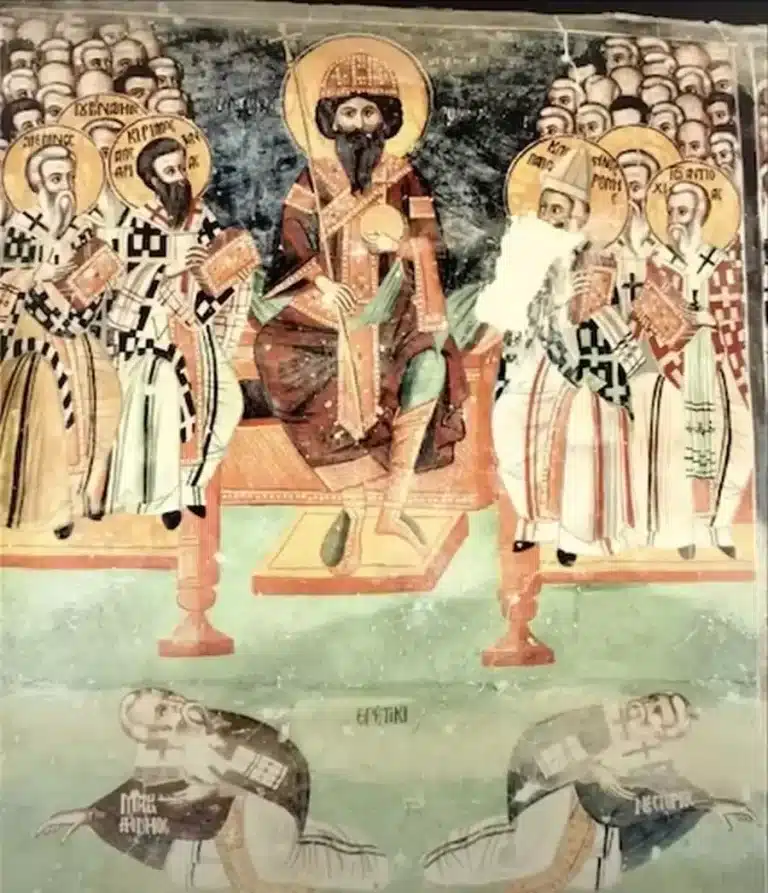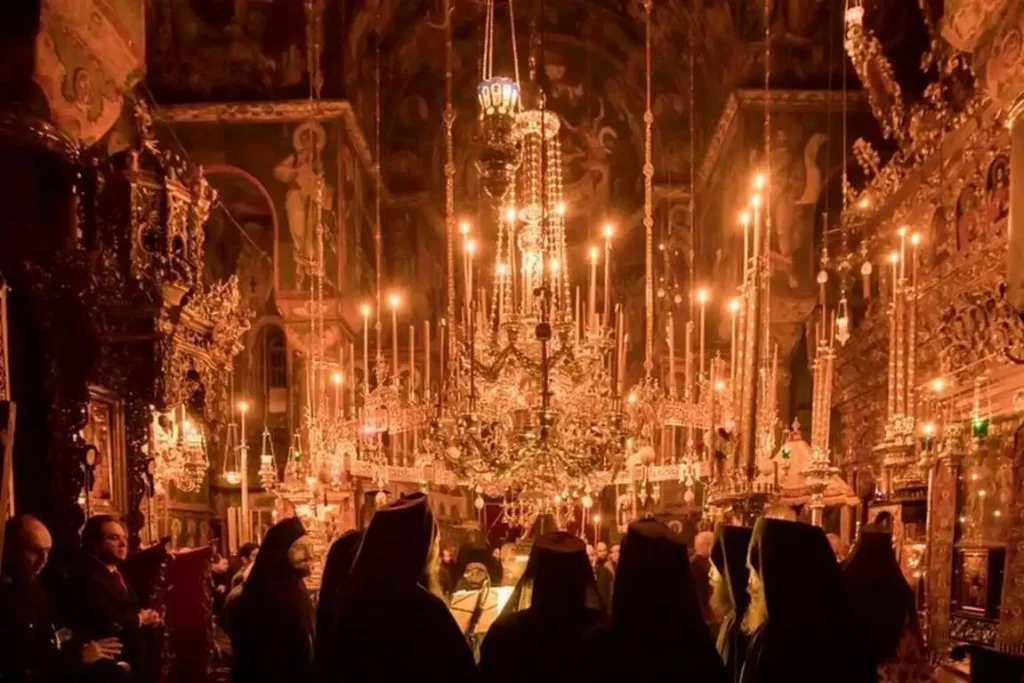Zaavan | זָעַוָּן (Hebrew) | Name
Etymology and Semantic Analysis The name Zaavan, originating from Hebrew, appears in the Old Testament. Specifically, the Hebrew word זָעַוָּן (Zaavan) signifies agitation or trembling. The semantic field surrounding Zaavan associates with restlessness or unease, hinting at the nomadic and turbulent lifestyle of the era. Biblical references to Zaavan are found in the genealogical records […]
Year | שָׁנָה (shanah) | Name
Etymology and Semantic Analysis The English word ‘year’ finds its ancient roots in the Old English ‘gēar,’ akin to the Old High German ‘jār,’ and is related to the Greek word ‘ὥρα’ (hora), signifying a season or a period of time. In the Hebrew Bible, the term ‘שָׁנָה’ (shanah) is predominantly used, denoting a division […]
Descend in the Bible | καταβαίνω (Greek Verb)
Etymology and Semantic Analysis The English word ‘descend’ is derived from the Old French ‘descendre’ and Latin ‘descendere’, meaning to come or go down. In the Greek New Testament, the verb ‘καταβαίνω’ (katabaino) carries this meaning. This term appears in various contexts, such as physical descent from a place (John 4:47), divine intervention (Matthew 3:16), […]
The Second Epistle of Peter
Translation in British English 1:1 Simon Peter, servant and apostle of Jesus Christ, to those who have attained a faith of equal value to ours, through the righteousness of God and our Redeemer, Jesus Christ: 1:2 May grace and peace be richly multiplied to you, through your knowledge of God and of Jesus our Lord. […]
Father | Biblical Lexicon Analysis | πατήρ | biblical analysis of father
Etymology and Semantic Analysis The term ‘father’ in English translations of the Bible primarily derives from the Greek word ‘πατήρ’ (patēr) and the Hebrew word ‘אב’ (av). In the New Testament, ‘πατήρ’ is often used to denote a biological parent, a figure of authority, or, most significantly, to refer to God. For instance, in Matthew […]
Spiritual Exercises of Saint Ignatius | A Profound Guide for Personal Transformation

The “Spiritual Exercises of Saint Ignatius” by Maurice Meschler, published in 1899, offers a transformative journey through the teachings of Saint Ignatius of Loyola. Meschler’s work stands as a significant contribution to the understanding of Ignatian spirituality, delving into the depths of self-reflection and communion with God. This text is not merely a guide but […]
Biblical meaning of quench | σβέννυμι (Greek) | Verb
Definition The word “quench” in English translations of the Bible is used primarily in a figurative sense, meaning to extinguish or suppress. It is often associated with subduing or diminishing spiritual, emotional, or physical states or elements. Various Translations In the King James Version, “quench” often retains the original sense of extinguishing or suppressing. Modern […]
Leviticus Translation

Leviticus 1:1 And the LORD addressed Moses, speaking from the tabernacle of meeting, thus: 1:2 “Convey to the children of Israel and say: If anyone among you wishes to present an offering to the LORD, let them bring cattle, either from the herds or the flocks. 1:3 Should the offering be a burnt sacrifice from […]
Eastern Orthodox Church | Overview and Historical Context

The Eastern Orthodox Church holds a profound and enduring presence in the religious landscape. Its roots trace back to the earliest Christian communities, with a pivotal role in shaping spiritual and cultural histories across Europe and Asia. This church, known for its rich theological depth and liturgical beauty, marks a distinct path in the broader […]
Monasticism | Asceticism in Catholicism, Orthodoxy, and Coptic Christianity

Monasticism, a distinctive and venerable aspect of religious life, particularly in Catholicism, Orthodoxy, and Coptic Christianity, entails a commitment to asceticism and spiritual contemplation. Central to this way of life is the renunciation of worldly pleasures and pursuits, in favor of devoting one’s life entirely to spiritual work. Monastic individuals, often known as monks or […]
